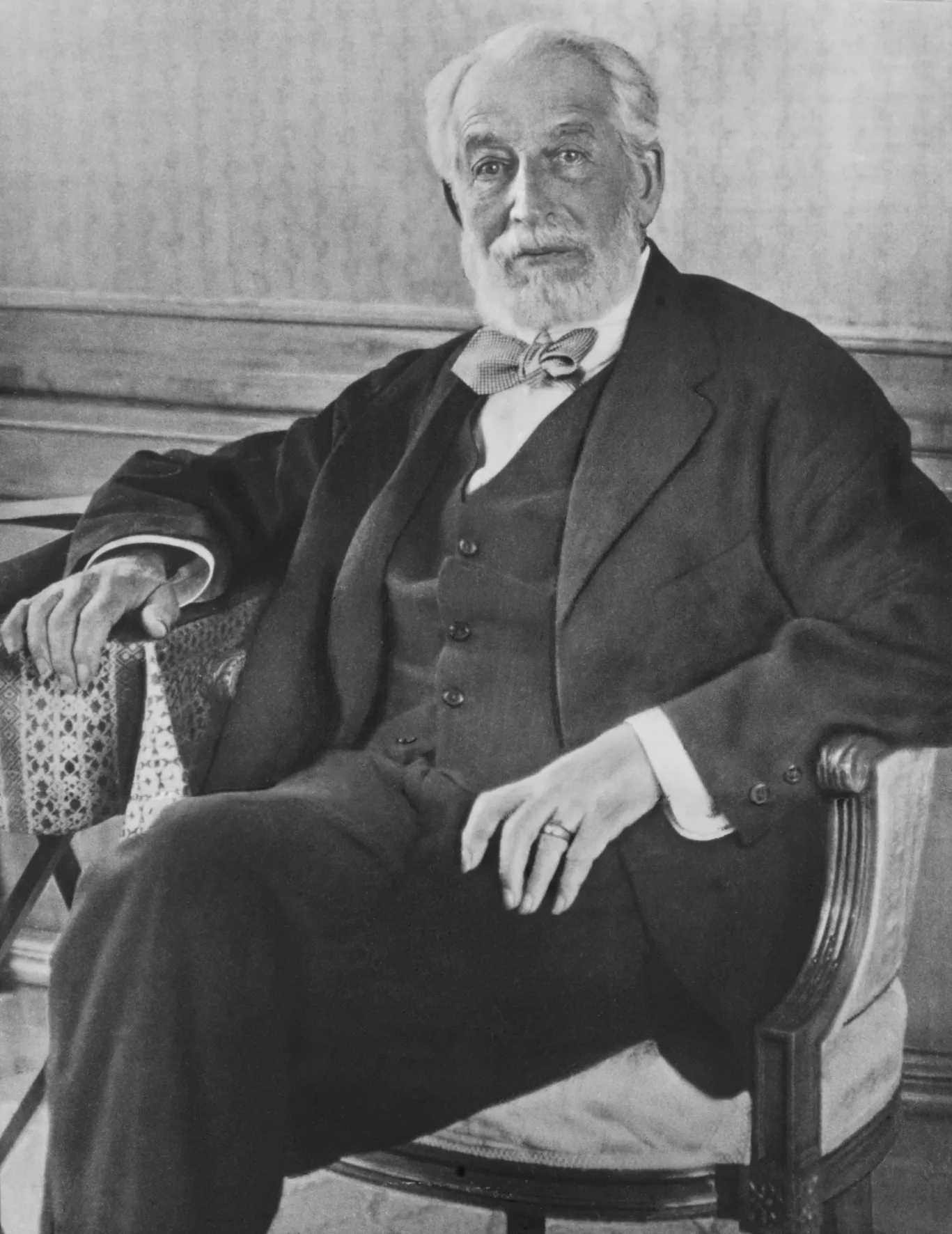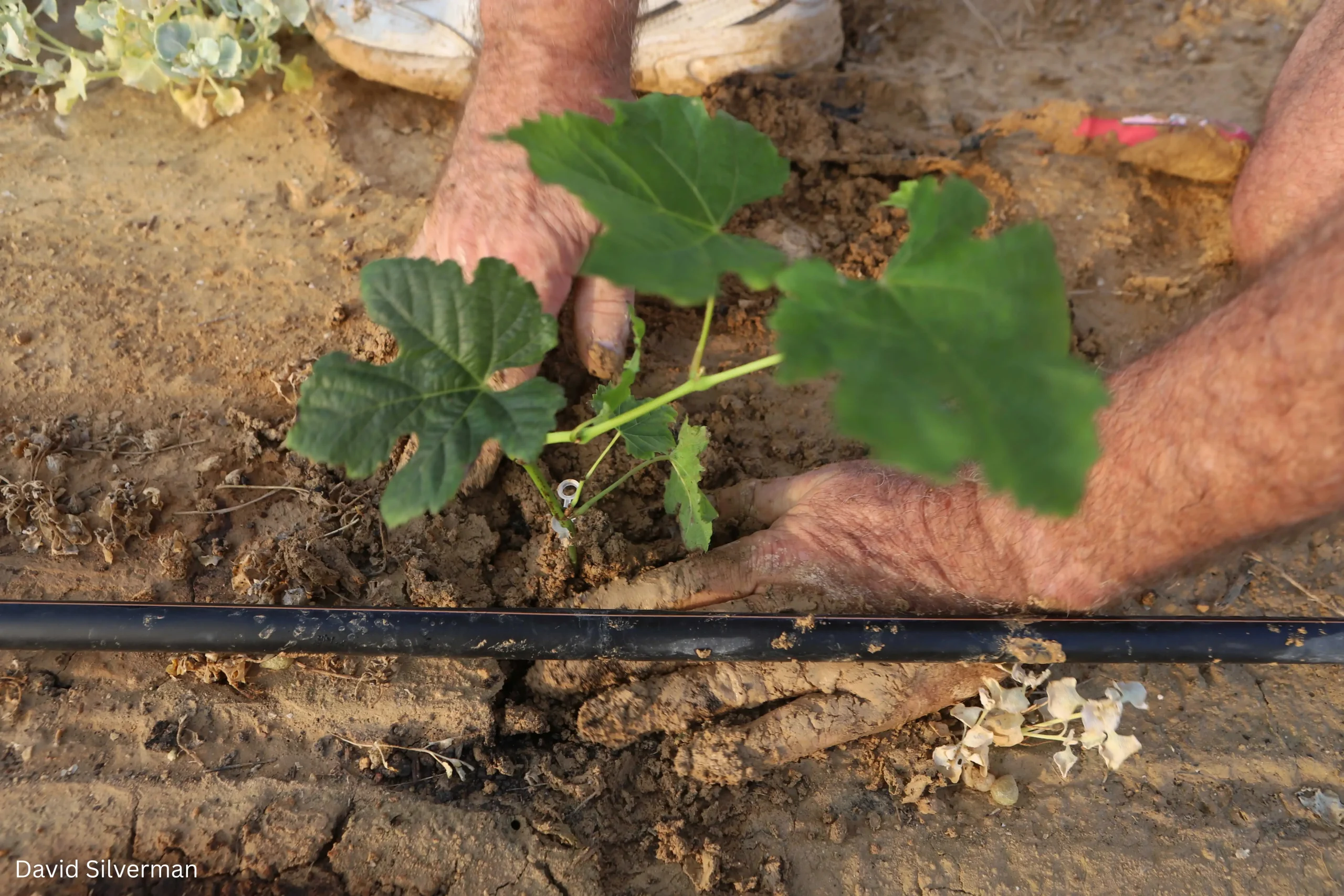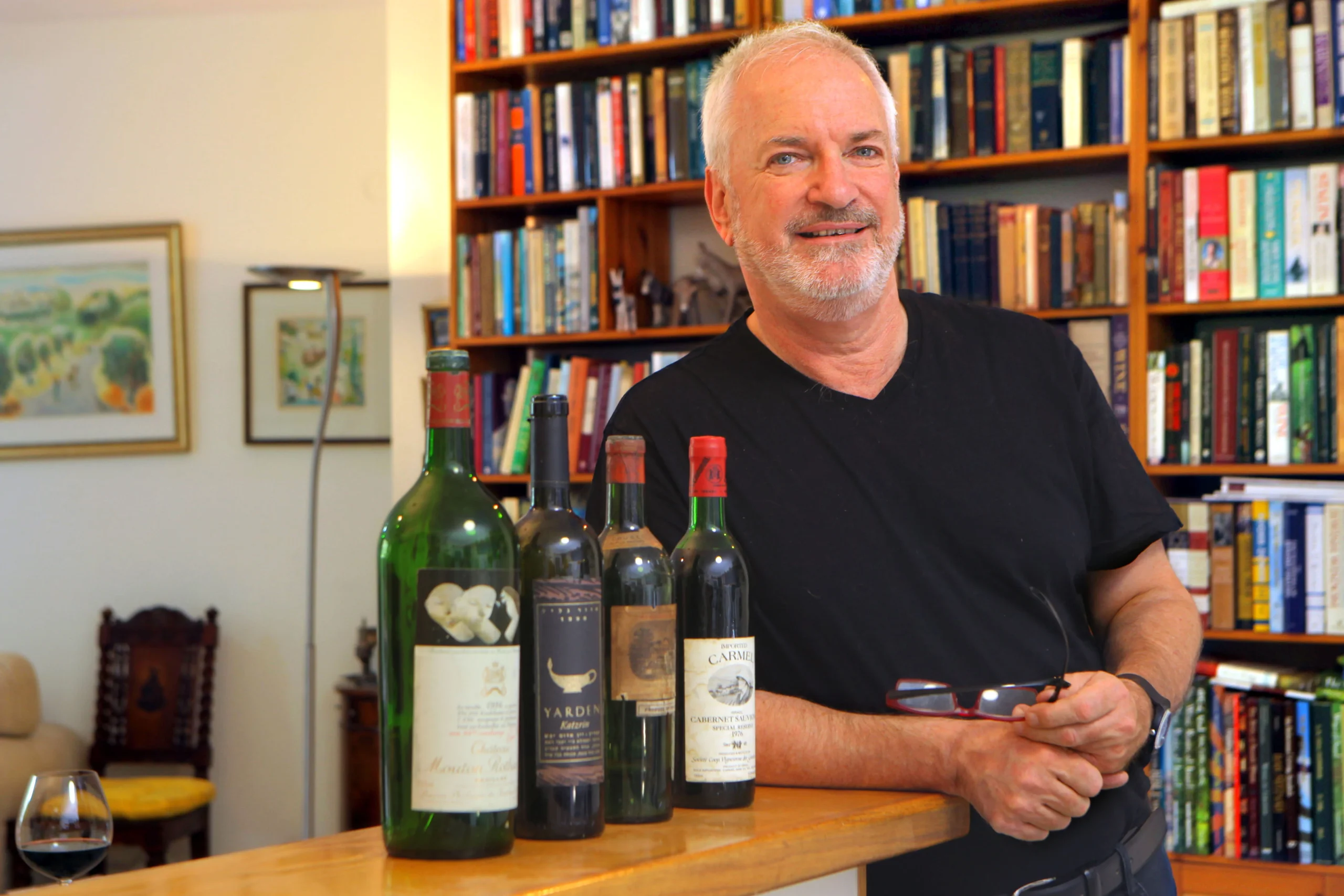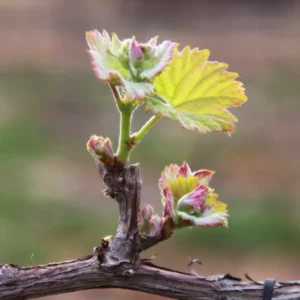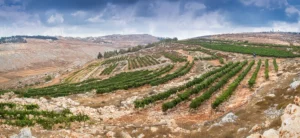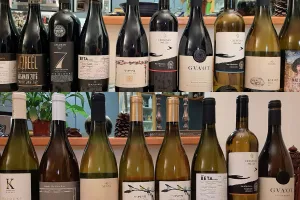Yom Ha’atzmaut demands a spirit of togetherness which creates a sense of enjoying the moment and looking forward. We will celebrate it this year, not forgetting anything, but old habits die hard. This is Israel Independence Day, a time of celebration and happiness. However, we will be hoping and demonstrating for the return of the hostages both before, maybe during and after this special day. I hope not, and that they return beforehand. It does not bear thinking about that this is the second Yom Ha’atzmaut where Israelis are held in captivity in terrible conditions in underground tunnels. Once upon a time in Judaism, redeeming the captives was considered sacred and the Israeli ethos of not forgetting anyone and not leaving anyone behind, was a source of great pride. What happened? Where did these noble principles go to? They seem to been sacrificed on the altar of waging a permanent war.
Of course, there is much to celebrate over 77 years of our existence. Israel is a tiny country that continues to create, innovate and surprise which has a positive effect on the world, way beyond its size. This benefits all those that appreciate Israel, but also those that do not. It must infuriate the haters that they would have to live in a cave if they followed through with their permanent threat to boycott Israeli products. So many of Israel’s inventions are unseen, but integral parts of our smartphones, computers and medical infrastructure and everything else life touches. Our innovative agriculture and viticulture are part of this. The success of the Israeli chef and winemaker, and the advance of Israeli food and wine scene make Israel a must visit destination for foodies in normal times.
Notwithstanding the many absentees this year, who leave gaping holes that will never be filled in the bereaved families, Israelis will mark this usually happy day in a way that is not only a tradition, but also a comforting habit and a meeting place. This will be by having a barbeque. It is a national necessity. Not for nothing is this day known as “National Barbeque Day.” Israelis will congregate; families and friends will meet, drink, eat and schmooze together.
However, this will not be a barbeque of hot dogs, burgers and sweet corn like on July 4th in America. In Israel the pita bread or laffa (a large thin flatbread originating from Iraq) will replace the bun. Steaks, skewered meat, kebabs, chicken, liver – in fact any meat along with any vegetables, will have the star role. Exotic spices known in the Middle East, Eastern Mediterranean and Levant, will be used. Amongst them: cumin, paprika, turmeric, sumac and za’ater. Hummus, tehina and harissa (a hot chilli pepper paste from Morocco) will replace ketchup and mustard. And the finely cut Israeli or Arabic salad, seasoned with olive oil and lemon juice, will replace coleslaw. The Israeli barbeque is a thoroughly Israeli experience; The essence of Israel, if you like.

The idea of the BBQ is all embracing. Though it is a day primarily for carnivores to rejoice, those that want something else will grill fish, vegetables or haloumi cheese and the large vegan community will will also be grilling in their creatively tasty way. Each in his own way will find their happiness in the same activity.
The Israeli slang for the barbeque is “Mangal” or “Al Ha’Esh.” The mangal is from the Bedouin word ‘portable.’ In 19th century Israel it was a copper vessel filled with charcoal that was moved from room to room for heating. It was also used for cooking or warming food. Al Ha’Esh means literally ‘on the fire.’
A barbeque can be as simple as a very small, basic unsophisticated rectangular metal container on short legs, with a metal grill on top of it, or alternatively one of these new-fangled large gas barbeques that look as though you would need a pilot license to understand it, – and everything in between. Those living in apartment blocks are smoked out, as balconies all over the building start cooking. Windows will be firmly closed beforehand. Parks will be full of people spreading out with blankets, portable tables, each with its own noise and loud music, as if competing with the next family. Cooking space is at a premium. I have even seen a large family using a busy, noisy roundabout as a cooking area!
However, it is mainly a gathering of families, friends and clans, who may meet this way every year. It is a time for the men to talk politics and football. They tend to congregate around the barbeque on the pretense that they have to act as chefs and taste the food as it grills. Every so often they will busily fan the flames with anything from a flap of a cardboard box, to one of the special plastic nafnafim, sold pre BBQ day. It is a man sport. The women will talk together more quietly amongst themselves and laugh at the men. And the children will play wildly, asking every five minutes when the food is ready.
Of course, alcohol plays a crucial part. It lubricates the “happy” cells and transports us for a moment away from reality. The most usual accompaniment to the day is beer. This year choose an Israeli brewery to accompany your festivities.
The most successful of our smaller craft breweries may well be Alexander. They certainly seem to win the most international awards. They were founded in 2008 by pilot Ori Saguy and set up shop in Emek Hefer in the Sharon Plain. They call themselves “the best Israeli brewery in the world.” Good slogan (credit Carlsberg for the idea!) However, they have been successful in international competition most notably in Germany, which is like taking coals to Newcastle. They have created a special gift back for Yom Ha’atzmaut, which includes two of their prizewinners: Bock and Blonde, and two new brews, Fest and an Israeli Wheat beer. The Bock is a super beer, not only an award winner, but also with great flavor, depth and length.

Malka Beer, one of our finest craft breweries, have launched a special edition for Independence Day. This year the beers are dedicated to Shrulik, the iconic cartoon character created by Dosh. Shrulik, who features on the special edition labels, represents the optimistic and determined Israeli Sabra, which first appeared as long ago as 1951. Malka was founded in 2006. They are now situated at Tefen and the beers are represented by Hakarem, the family importer and distributor of wines and spirits since 1921. I am attracted to Malka because their ales are pretty special.

Shikma is another local brewery, marketed as a craft brewery by the giants that created it. It was founded in 2020 by IBBL, also known as Carlsberg Israel, which is owned by CBC Israel, also known as Coca Cola Israel. Complicated parentage for an artisan brewery! IBBL are the second largest brewery in Israel after Tempo. Anyway, I liked the Shikma IPA, which has a nice hoppiness. As a Brit I enjoy Real Ale, IPA and what is known as “Bitter” and this is a very nice Israeli expression that reduces my pangs of longing for British beer. By the way the Carlsberg Luma is a good thirst-quenching beer which combines the refreshing character of lager with the hoppiness of a bitter.

Of the imported beers, Corona from Mexico is one of the most popular. As is typical with most big brands, it is quite bland (and so offends the least number of people) but serve it ice cold and no-one can say it is not refreshing. As for the lemon or lime traditionally wedged in the neck of the bottle, it improves it and makes it ever trendy with youngsters! For a more characterful lager, I prefer Stella Artois from Belgium. Despite being a big brand, it is a beautiful beer. Probably my favorite pilsner style lager. Refreshing but with a good flavor profile too.
The aforementioned Alexander, Corona and Stella Artois are in Carmel’s stable. Carmel is our most historic and largest winery. I am not yet used to thinking of them in in terms of beer, but they have gathered together a very impressive portfolio. Funnily enough our number one selling beer Goldstar started at Carmel. Palestine Beer Breweries founded in 1934, rented space at Carmel’s Rishon Le Zion Cellars. The first Goldstar was made there in 1950. Today it is part of Tempo, our largest brewery. These days, Carmel have gone into beer in a big way. They are already the third power as a beer importer and distributor.
Alternatively, you can drink wine. In truth, most families will cater for both. The beautiful thing for the wine drinker is the informality. The connoisseurs will use stemless glasses. The drinkers will use anything: tumblers, plastic wine glasses or disposable glasses. This is one occasion that no wine expert will look at you with disapproval. Everything and anything goes – and all is acceptable.
This year I am thinking of Galil Mountain Winery. They are situated at Yiron bang on the Lebanese border, literally overlooked by Hezbollah. After being bombed from Lebanon for over a year, the winery underwent hardship which affected the growers in the fields, the workers at the winery and the sales of the winery. The visitors center was closed. Pruning, harvesting and going to work became an act of courage. So look for their wines, or indeed wines from any Upper Galilee winery. Galil Mountain’s Bar or Aviv labels consist of lively, fresh, fruity, easy drinking wines. Just chill them well. A bag or two of ice in a picnic box, with a touch of water to envelope the wines, will get them cold in no time and keep them chilled for hours.
A long time ago, I started my drinks career in beer working for a brewery, before moving to wine. These days I am not a great beer drinker. If I visit a restaurant my poison is Campari & Soda or a Negroni, followed by wine. At home I drink whisky, wine and the only beer I touch is Guinness. However, Yom Ha’atzmaut is not only “National Barbeque Day”, but also “National Beer Day” ….and like most others, I will be drinking and enjoying beer as we commemorate our 77th birthday. This is a time to eat, drink and be merry….so eat well and drink well, and let’s hope for the best, or at least: better!!
Adam Montefiore is a winery insider turned wine writer, who has advanced Israeli wine for 38 years. He is referred to as ‘the English voice of Israeli wine’ and is the Wine Writer of the Jerusalem Post. www.adammontefiore.com













